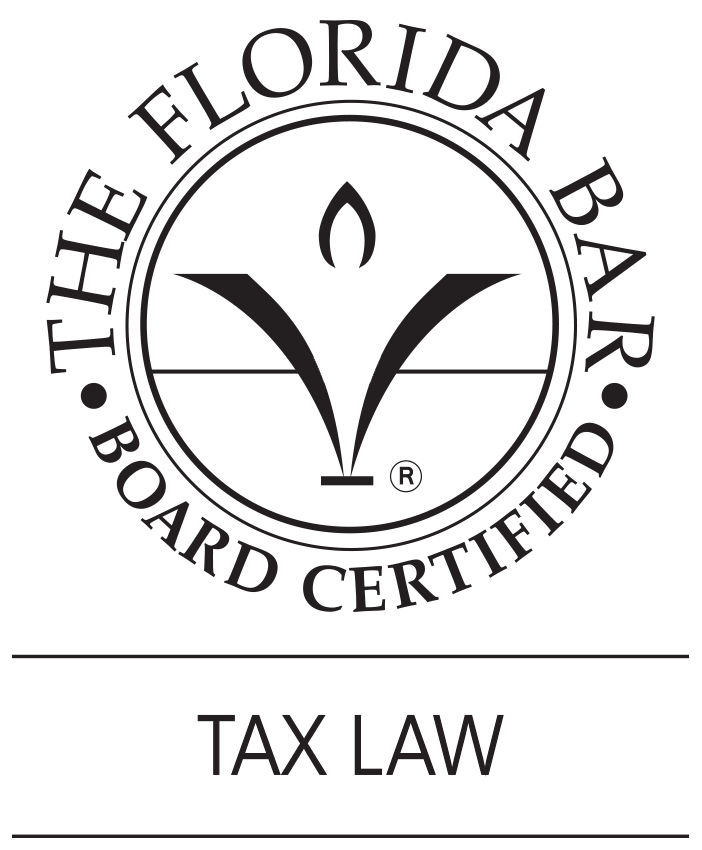Blog » Notes on Foreign Holding Companies
September 20th 2023§ Canada’s concept of tax residence for legal entities while potentially posing difficulties for tax avoidance schemes (see Garron) could create some opportunities for asset protection planning in the structure of Corporate ownership, for example consider the following circumstances: a foreign LLC (FCO) could be utilized as a holding corporation for retained earnings. Shareholders could include Opco and related family members. The company’s central management & control resides in Canada despite assets (portfolio investments) being held in the foreign jurisdiction, the consequences include: FCO is a resident Canadian corporation and entitled to treaty benefits; foreign law would potentially govern both the operation of FCO and the recovery of assets from FCO by any relevant creditor.

§ By changing the location of central management FCO could emigrate from Canada. If management shifted to the United States it would continue to be taxed as a non resident foreign corporation under US tax law, provided FCO was not formed pursuant to US law. FCO would likely pay withholding tax at a higher rate, however any applicable withholding would be credited in full under the FAPI regime. In addition, withholding taxes could be managed through the use of derivative contracts as well as through the application of the US portfolio debt exemption. The departure tax could be avoided by simply increasing PUC prior to emigration. Some interesting tax planning issues arise if FCO emigrates to the United States as in theory a FCO could pay a dividend to a foreign shareholder free from withholding tax (being neither a US or Canadian resident corporation). In addition if the non-resident shareholder is resident in a no tax jurisdiction, the dividend would be completely free from tax.
§ FCO could also be used as a structure from which to utilize retained earnings to purchase both foreign life insurance policies and real estate and benefit from the asset protection legislation surrounding certain insurance products that may exist in the relevant foreign jurisdiction.
Ultimately the success or failure of the asset protection aspect of such a structure depends upon the application of the different concepts of jurisdiction, and whether the jurisdiction in which FCO’s assets are held would recognize a Canadian (or other) judgment.
DISCLAIMER: This document is written for general information only. It is not intended as legal advice or opinion.
Full List of Blog Posts
Follow this link for a full list of blog posts.



